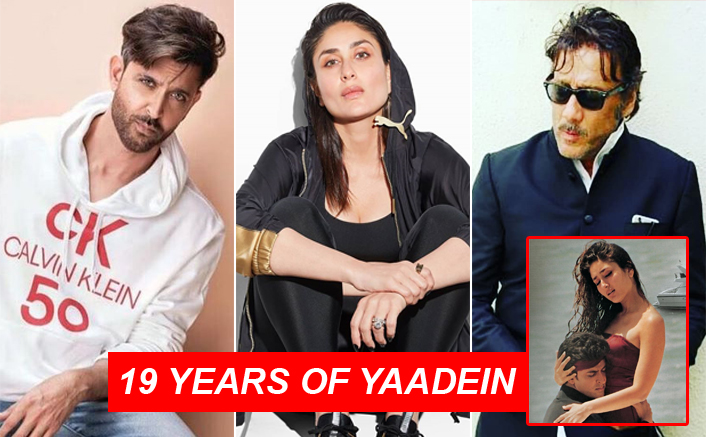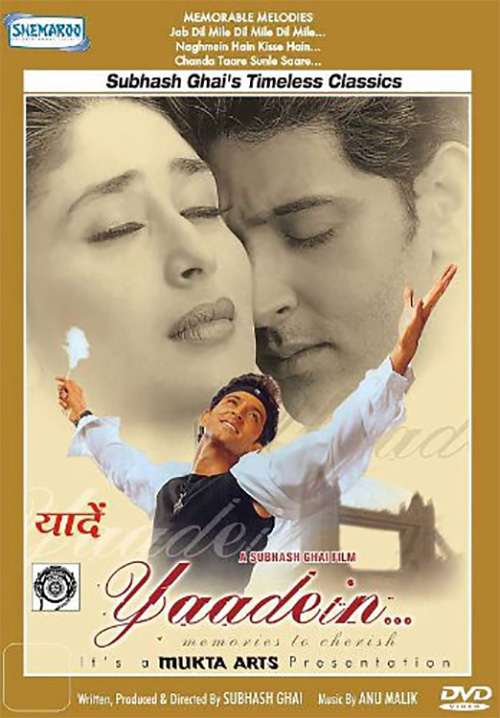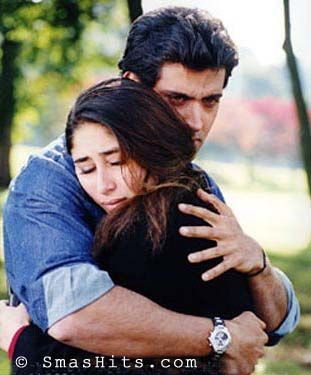

The duo was presenting the story of India-Pakistan war at ‘Kissagoi 1971’ at Lt Puneet Nath Datt Auditorium at Lucknow Cantonment organised by Surya Command and Military Literature Festival. Indian Army, Navy and Air Force won the war for India which was the biggest and swiftest war India had won since independence,” narrated dastaango Himanshu Bajpai and Pragya Sharma. Yaadein is a melancholic story that works effectively because of its short run time and is certainly a kind of experiment that feels ahead of its time even in 2021.“We very well know the 1971 war between Indian and Pakistan resulted in liberation of Bangladesh. It even found a place in the Guinness Book of World Records in the category of Fewest actors in a narrative film. Yaadein is still remembered as a unique achievement in Hindi cinema as it was the first film of its kind in India. Watching it in 2021, it takes a while to accept that for a one-man film, it is quite verbose but as the story moves on, the protagonist’s delusion and his confused sense of reality bring you on-board. It is at this moment that Yaadein takes a sharp left turn and concludes with a typical ‘happy ending’, which feels disappointing as there is nothing ‘typical’ about the film until this point. He is a man-child who wants to be pampered and coddled, throws a tantrum when his demands aren’t met – sexually or otherwise, and does not really care about his wife’s feelings.Īs the film reaches its conclusion, you know the web that the protagonist has created for himself and how it is almost impossible for him to escape the trap.

His character is shown as a thoroughly sexist man who believes that having an affair is “mardon vali baat” but his worst fears come alive when his wife leaves him. You feel for the man who is struggling with mental health issues but does not live in a society where it is acceptable to have a conversation about the same. Sunil Dutt, who is also the director here, makes you feel the paranoia of the character. Within a span of a few seconds, he goes from breaking up with her to convincing her that she should only call at his workplace. Anil’s eagerness to make Shayma stay in his life is reflected in the first phone call that he receives from her. What we see here in his drunken stupor is a doll, and not a person. In flashbacks, when Anil is surrounded by people, the camera does not turn towards other characters even though we can hear them, but it turns when Anil is talking to his mistress Shyama. Since there is only one character that we see in the film, the use of sketches gives an illusion of a crowd where Anil is all alone. Yaadein examines loneliness in a way that strikes hard in today’s times.

The camerawork is clever when you go from the present timeline to the past as there is a clear distinction between the tone of the film. In the scene where he slips and falls in a flooded kitchen, you see how the world around him (in this case the kitchen utensils) are collapsing in on him. In the scenes where Dutt is wandering around his empty apartment after the party for the birth of his child, you feel his loneliness through the compelling top-angle shots. With only one actor in the frame at all times, Yaadein is a challenging film to execute but cinematographer S Ramachandra makes it a haunting experience. What starts as anger towards his wife, turns to pity for his own self and eventually leads him to contemplate suicide. The protagonist goes down a path of introspection when he comes to believe he is all alone. Yaadein attempts to examine the paranoia of loneliness, which hits a strange chord in today’s times. When he is trying to woo her, or the time when they are in a raging passionate relationship, or when they have bitter fights – Nargis’ voice adds personality to the woman who has sacrificed her life for her husband and two children.

While Dutt is the only actor you see on screen, Nargis (playing his wife Priya) plays an important role in the film as the voice of the wife. Yaadein holds a place in the Guinness Book of World Records.


 0 kommentar(er)
0 kommentar(er)
